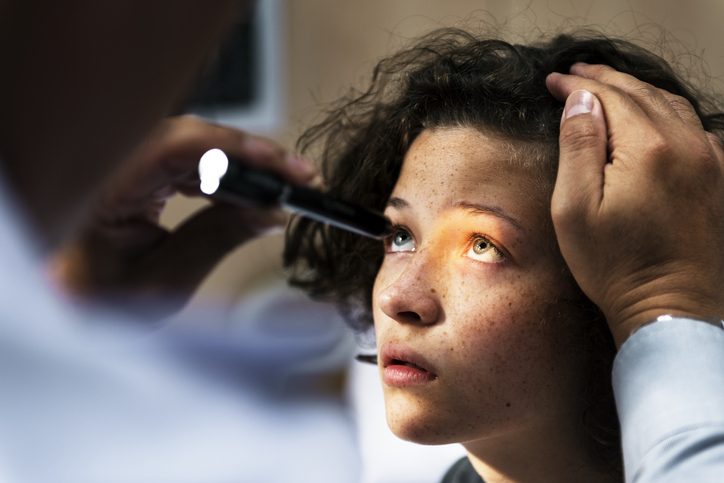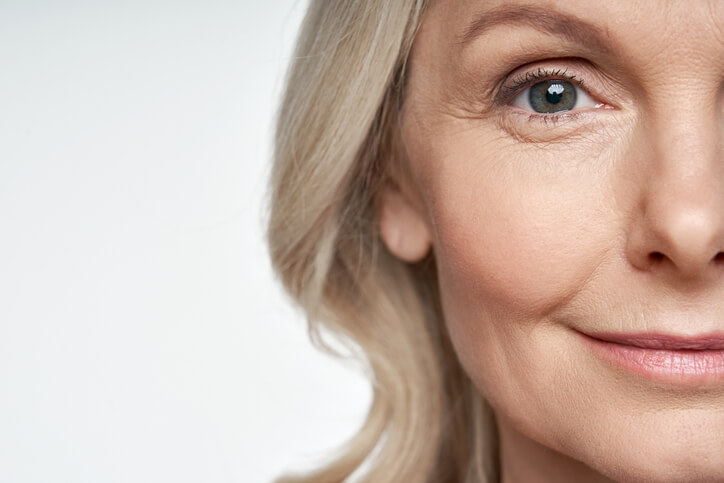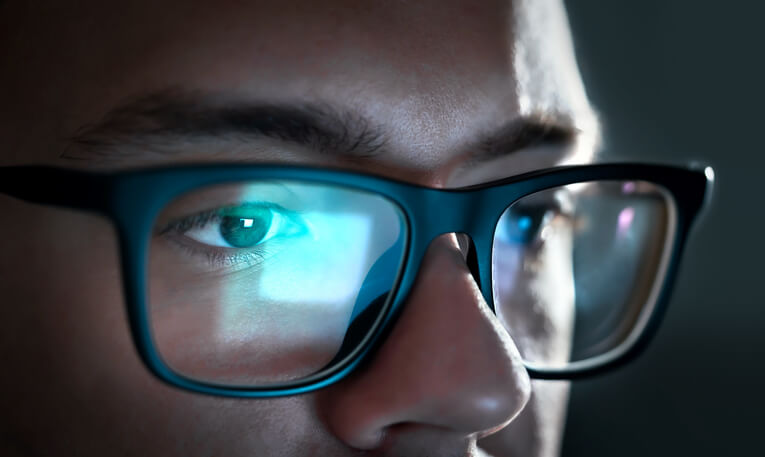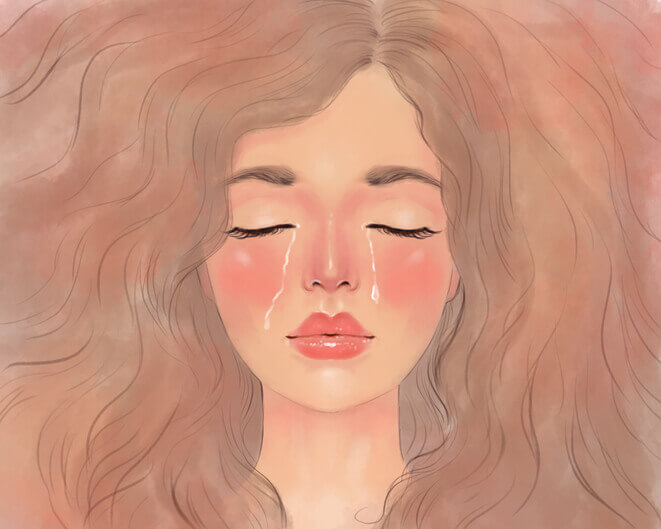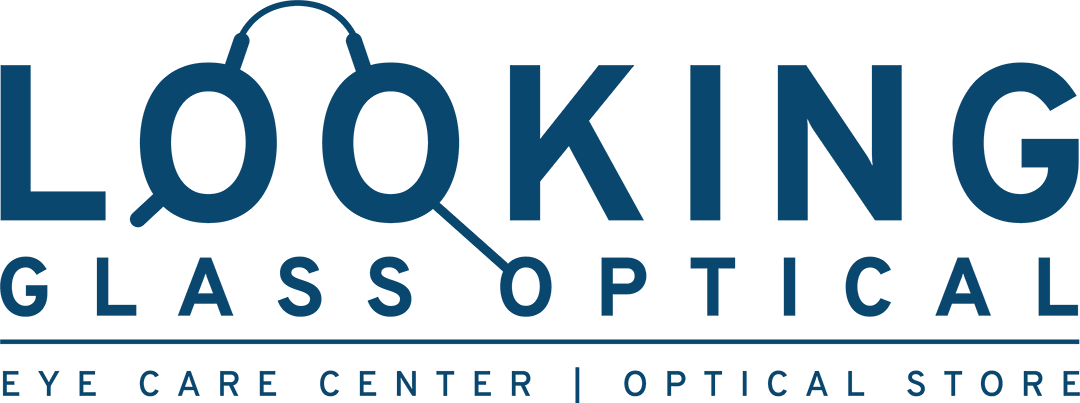Alcohol consumption can affect the human body, including the eyes. The short-term and long-term effects of alcohol on the eyes depend on the amount and frequency of alcohol consumption. In this blog, we will discuss the impact of alcohol on the eye.
Read more →We have all heard of the links of smoking to cancer, heart diseases, strokes, and lung diseases. But are you aware of the links to smoking and how it can damage your eyesight? No matter the form you use – cigars, pipes, and vaping it is all linked to damaging your eyesight.
Read more →Autoimmune diseases cause the body’s cells to attack each other, impacting every aspect of your health. Few autoimmune disorders specifically target the eyes. However, an autoimmune disease can affect your vision due to its systemic nature. While autoimmune diseases have no current cure, properly managing symptoms can lessen their progression and impact your health.
Read more →Approximately 61% of perimenopausal and menopausal women suffer from dry eyes. The changes in hormones that women experience which lead to symptoms like hot flashes, sweating, and even insomnia can also affect eye health. Post-menopausal dry eye can be uncomfortable, affecting your life. Read on for eye health facts to help you deal with dry eye symptoms.
Read more →There’s a reason why your parents told you not to sit too close to the TV screen. When most of your day consists of looking at digital screens, like televisions, computers, and cellphones, it takes a real toll on your eyes. Computer vision syndrome, or digital eye strain, is a condition in which you may experience headaches, dry eyes, blurred vision, and shoulder pain from constantly looking at digital screens. The condition can wreak havoc on your quality of life and cause several uncomfortable symptoms. Read on for a few ways to prevent digital eye strain so you can keep your peace of mind.
Read more →You’ve got your hat, gloves, scarf, and boots to protect you from the harsh winter elements, but what’s protecting your eyes? Winter weather can strain your eyes, causing discomfort and affecting your vision. During the colder months, the air is dry, and the glare from sunlight reflecting off snow can overexpose your eyes to ultraviolet light. So before you hit the slopes or head out to shovel the walk, take a few minutes to think about winter eye safety.
Read more →Some amount of deterioration is expected as we age. It’s normal to lose bone density and muscle mass as well as have some sagging and wrinkles. You might not be able to stay up all night and function the next day as you did in your youth, or you might have to give up spicy foods. Unfortunately, some sensory deterioration is also expected. That said, there are things you can do to maintain bone and muscle strength and minimize the progression of lines and wrinkles, and in many cases, you can also stave off vision loss as you age. According to the National Eye Institute, a division of the National Institutes of Health (NIH), the risk for eye disease increases with age, but there are steps you can take to prevent vision loss. The first thing you need to do is understand the most common eye issues related to aging.
Read more →Picture yourself enjoying a day outdoors, lounging in the sun, or playing with your dog. Suddenly, a strong wind comes, and some debris makes its way into your eyes. You blink, and they begin to water. While you went to remove the debris from your eye, your eyes themselves began the process immediately, thanks to tear production. Tear production is one of the most basic functions of your organs of sight, and it occurs for an important reason.
Read more →Did you know that lack of sleep can affect your vision? After a long night with too little sleep, you’ve probably experienced eye twitching, spasms, and puffy eyes. You’re not alone. Nearly one-third of all nights of sleep in America are “terrible.” On average, people need 7 hours of nightly sleep for optimal health but get only 5.5 hours. That’s over 100 million Americans suffering from lack of sleep. Yet lack of sleep can cause more than twitchy eyes. You need good sleep to keep your eyes in top-notch working condition. Let’s explore how sleep and vision are related – and how you can use sleep to keep your eyes healthy.
Read more →Spring is around the corner. That means no more gray skies or cold weather. It is the advent of summer! And when summer arrives, it is time for fun in the sun. Pool parties. Barbeques. Lots of sunlight. More outdoor time also means more air exposure. Sunshine, temperature, and storms all affect air quality. During heat waves, air quality can be at its lowest – especially during wildfire season in states like California or Idaho. Now, you might think air quality only affects your lungs. It doesn’t. It affects your eyes too. Because they are extremely complex and delicate, human eyes are fragile. They are just as vulnerable to air quality as your lungs. That might sound scary, but have no fear! In this post, we’ll show you how air quality and eye health are related and how to keep your eyes healthy.
Read more →


